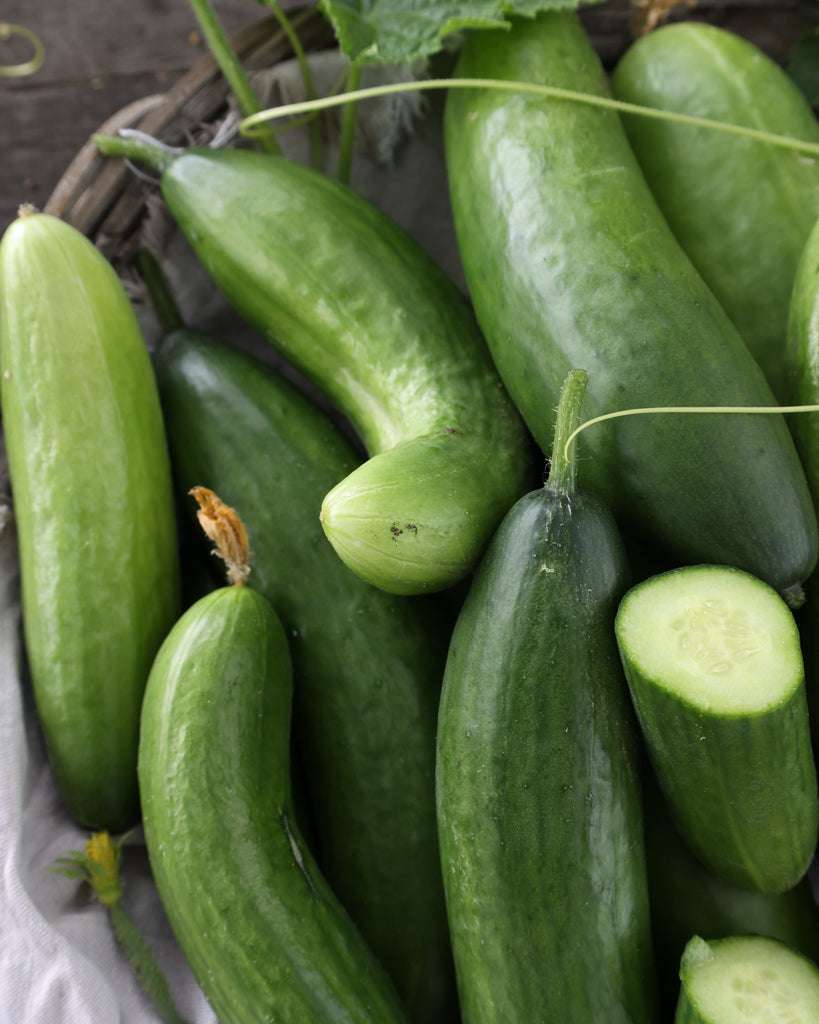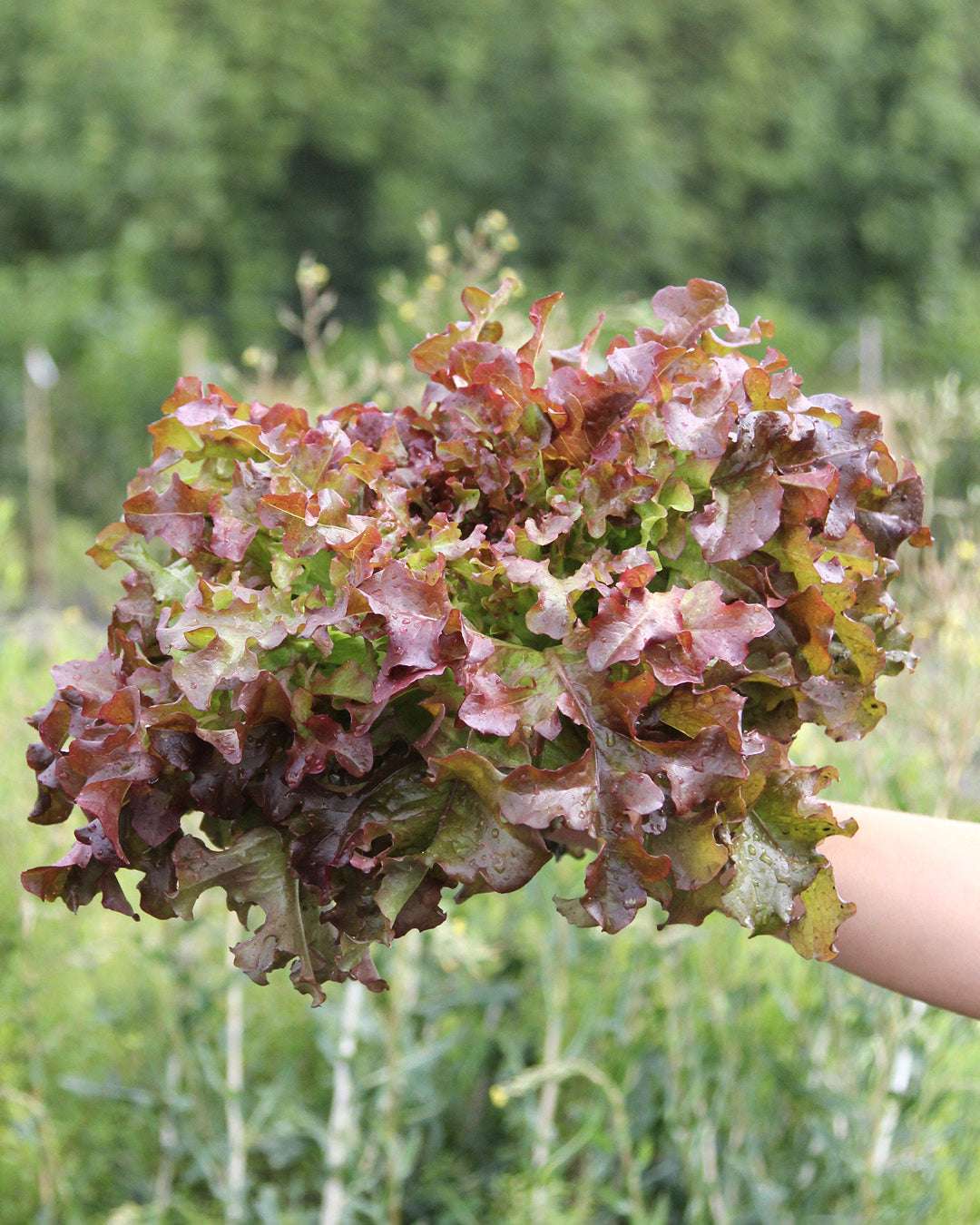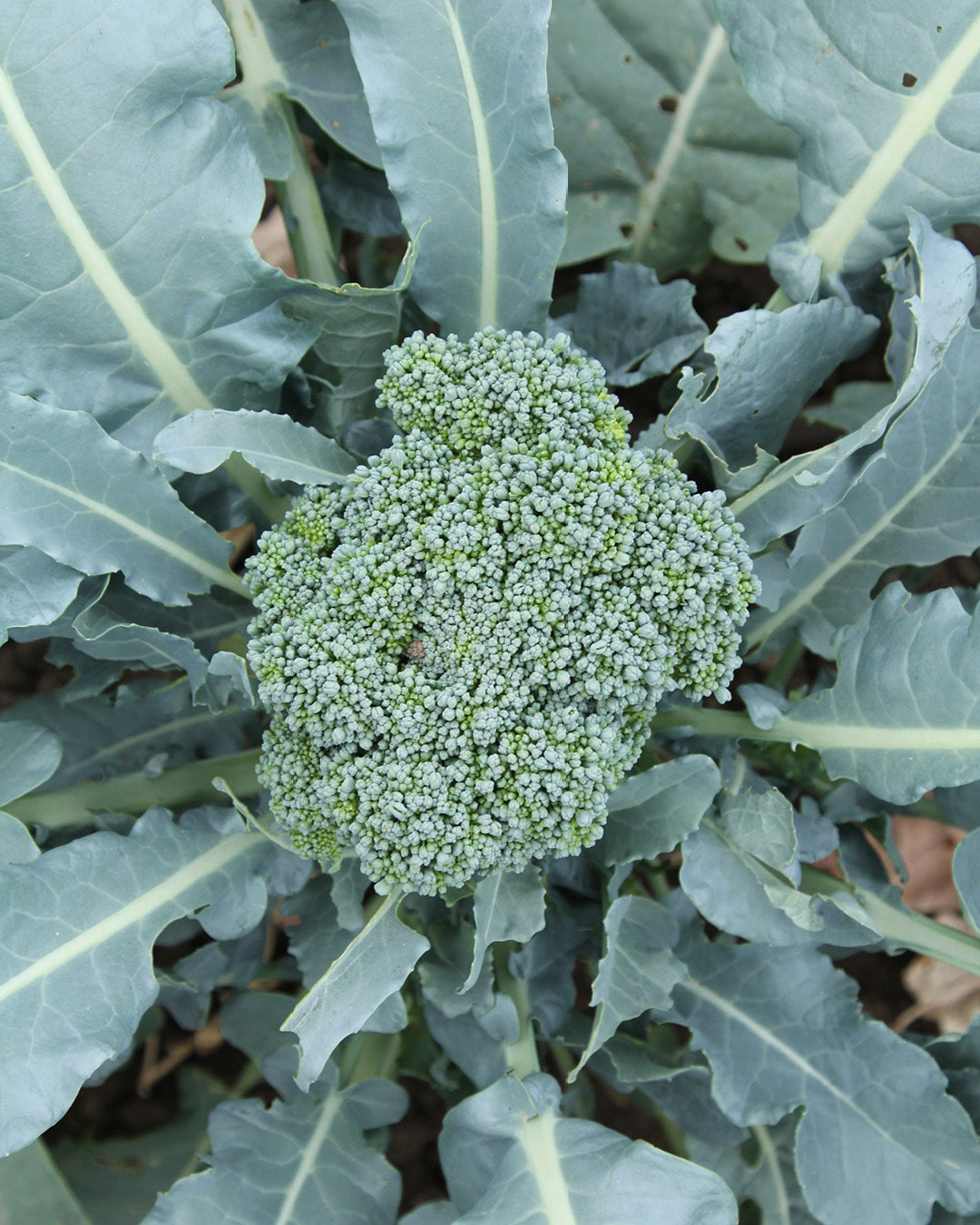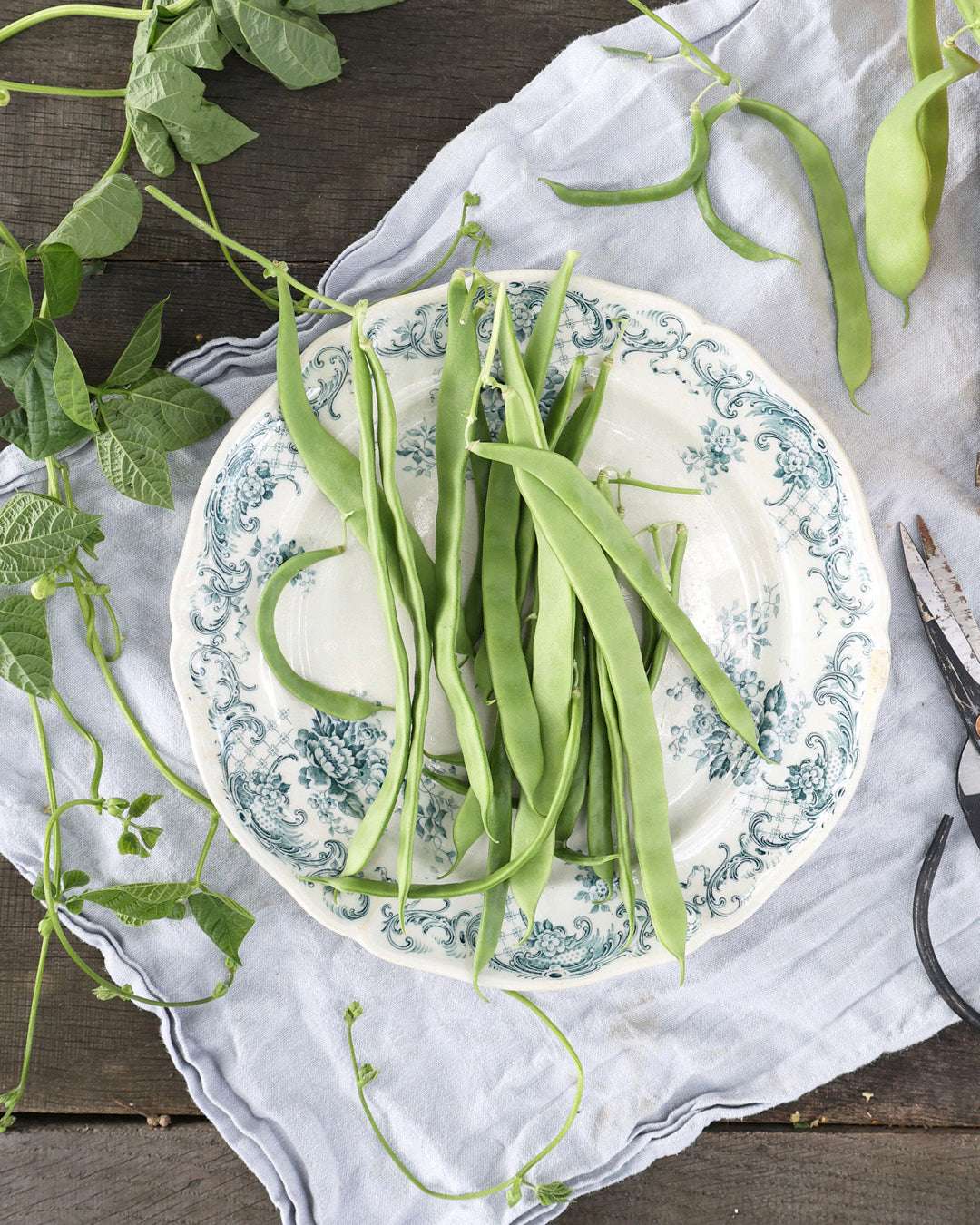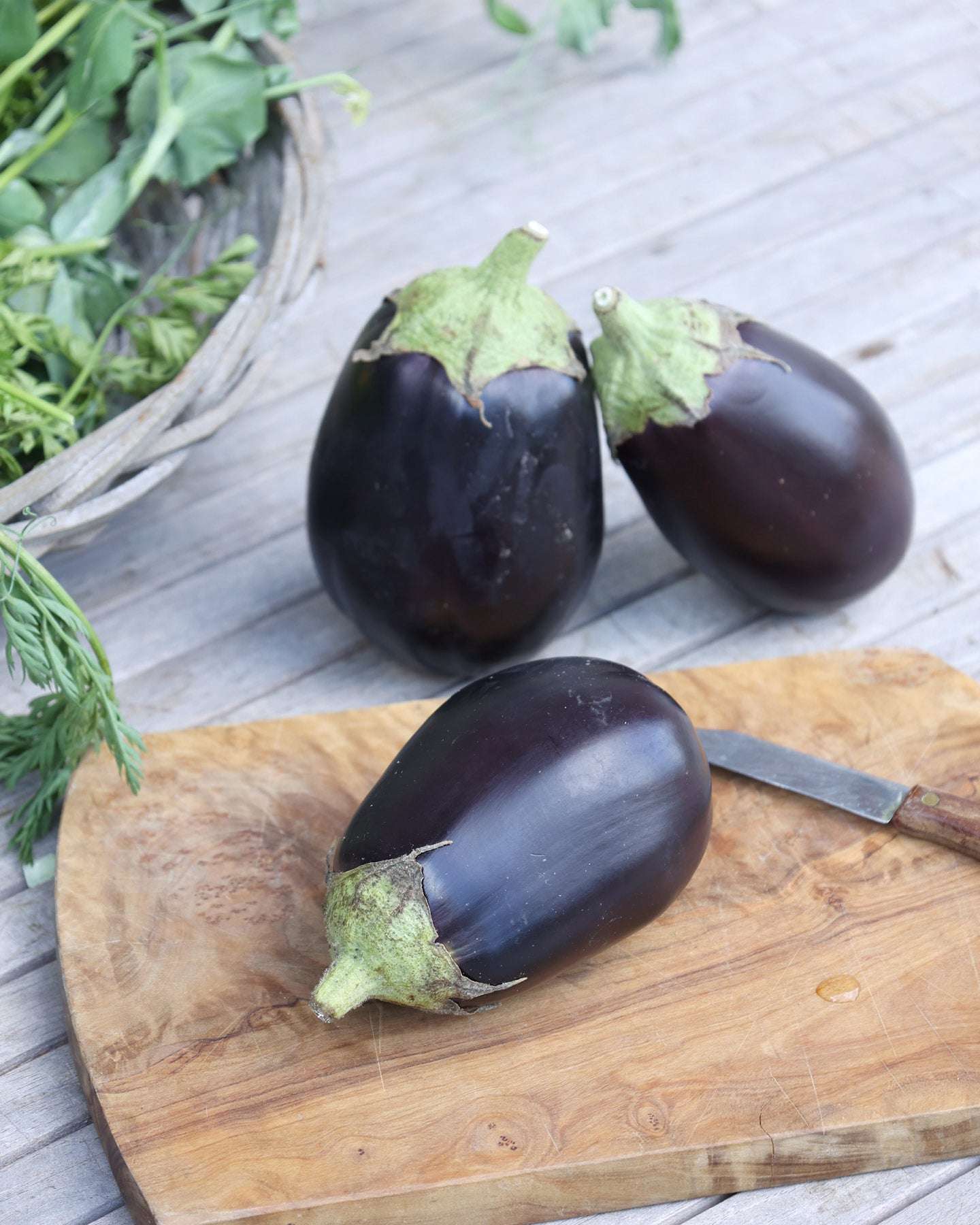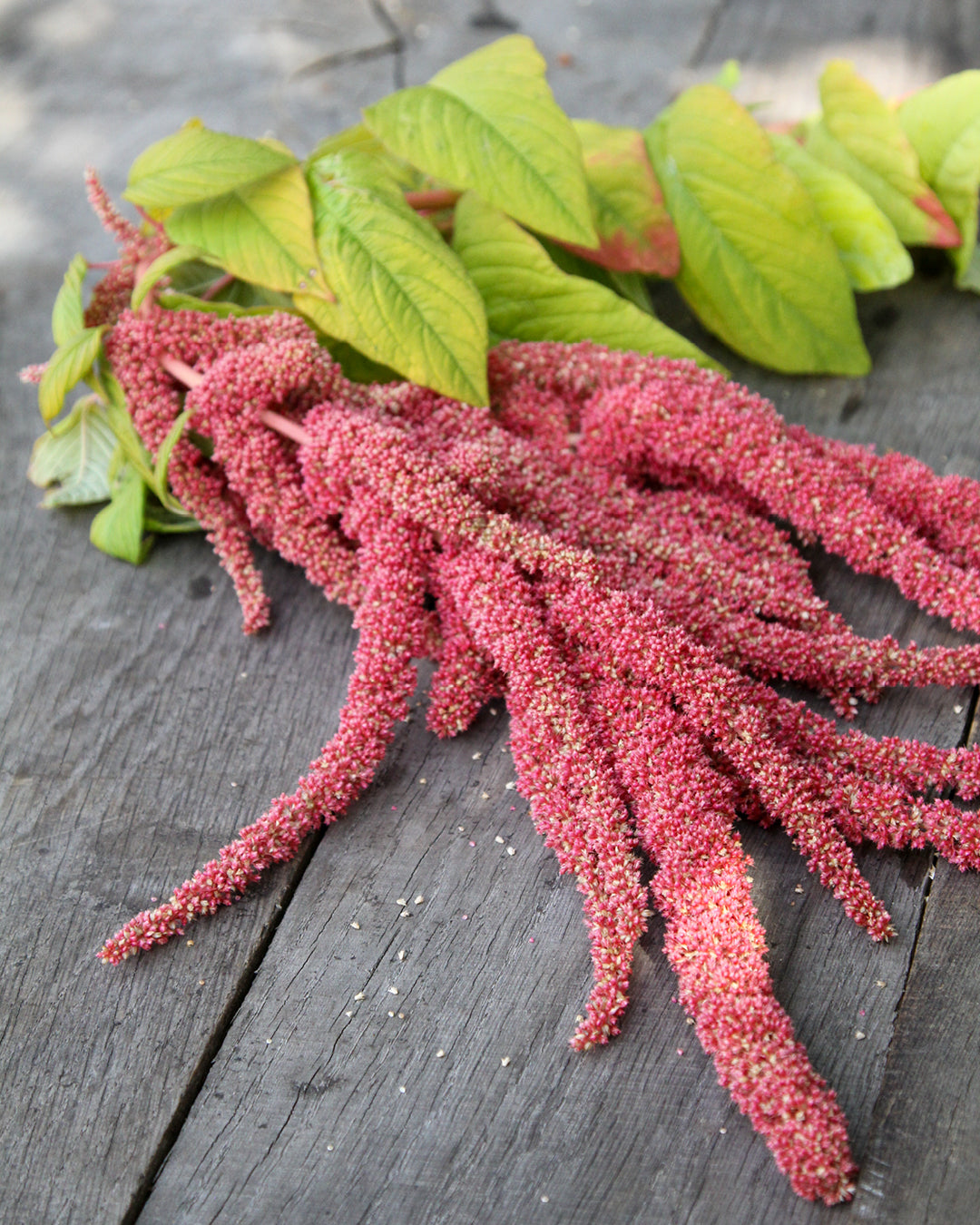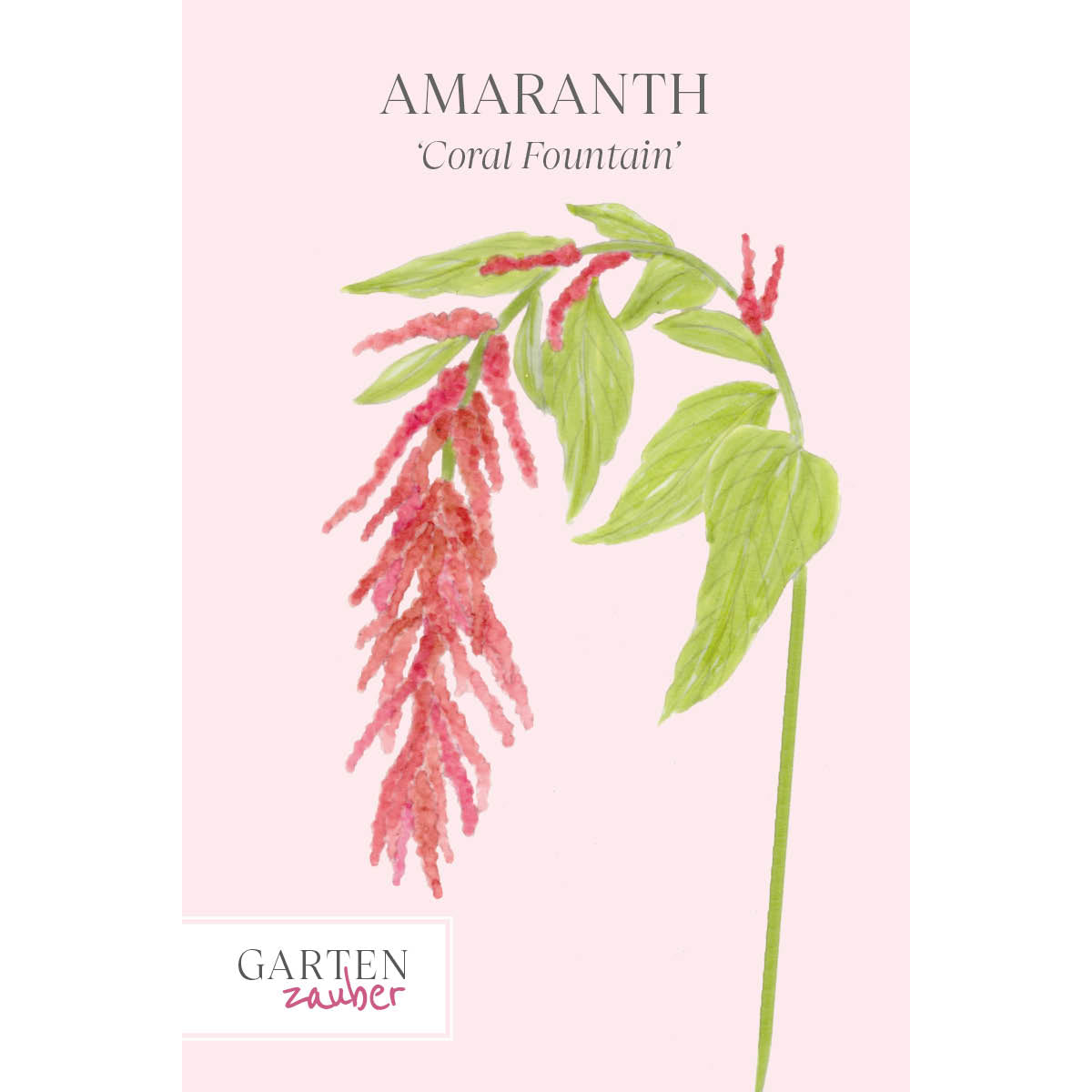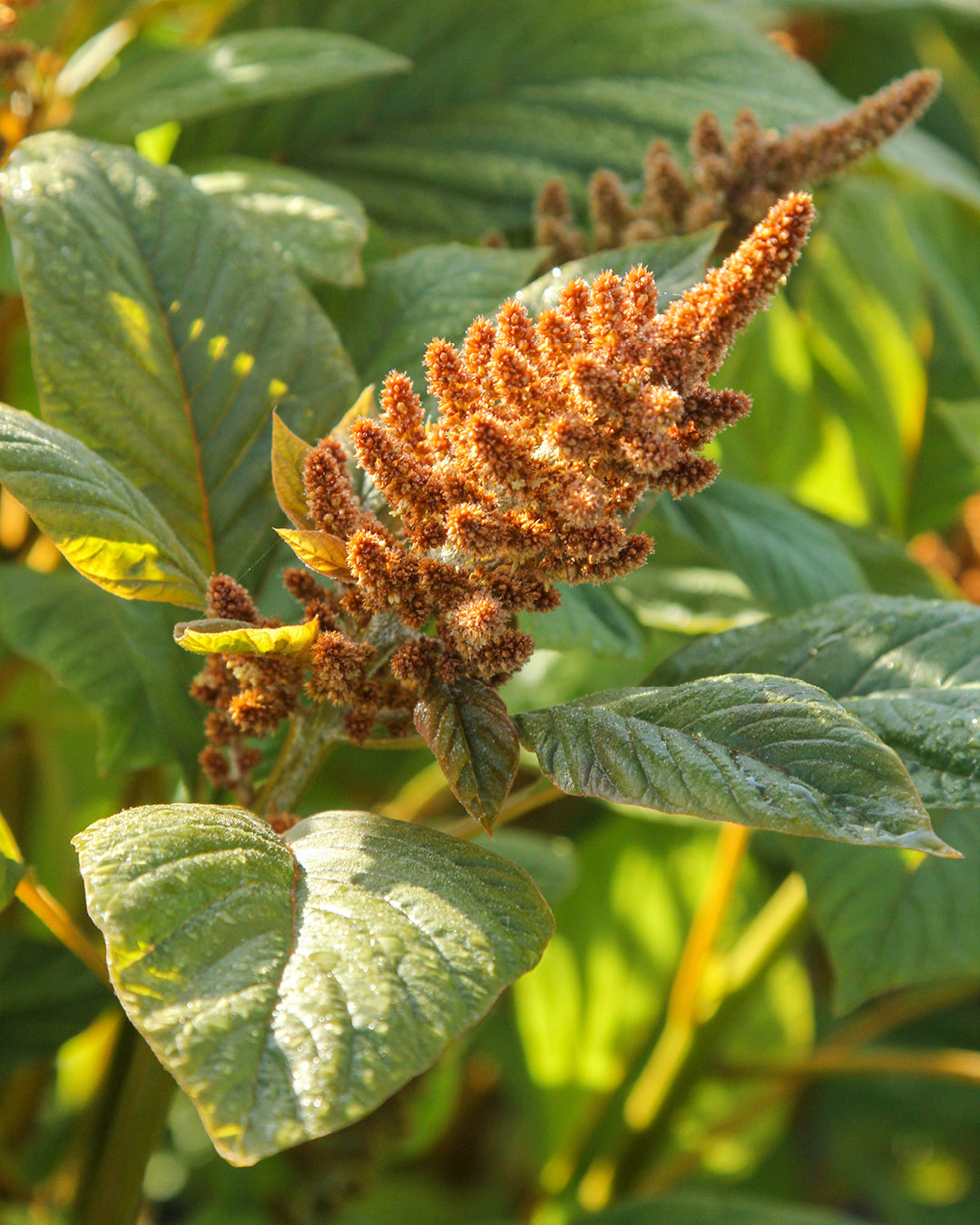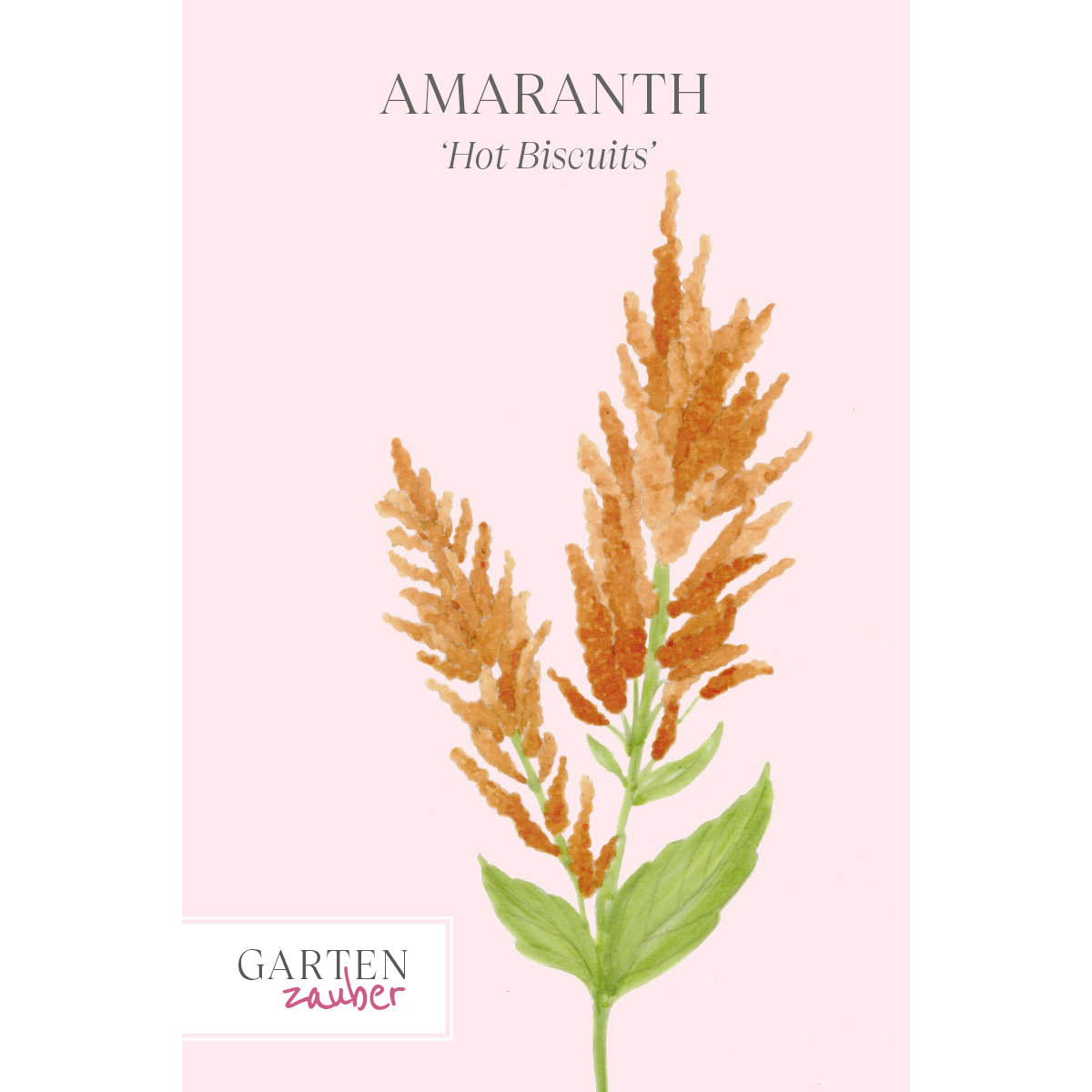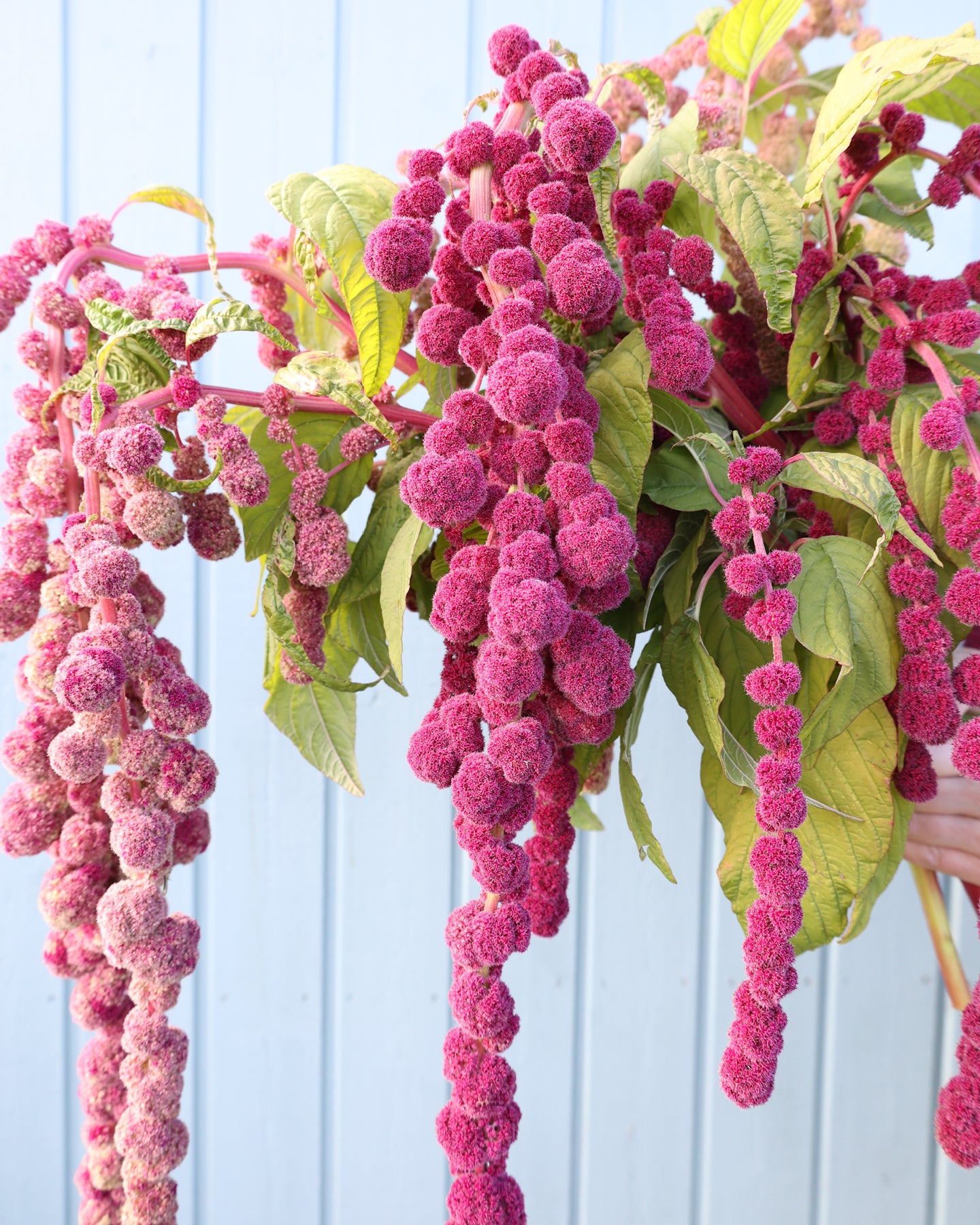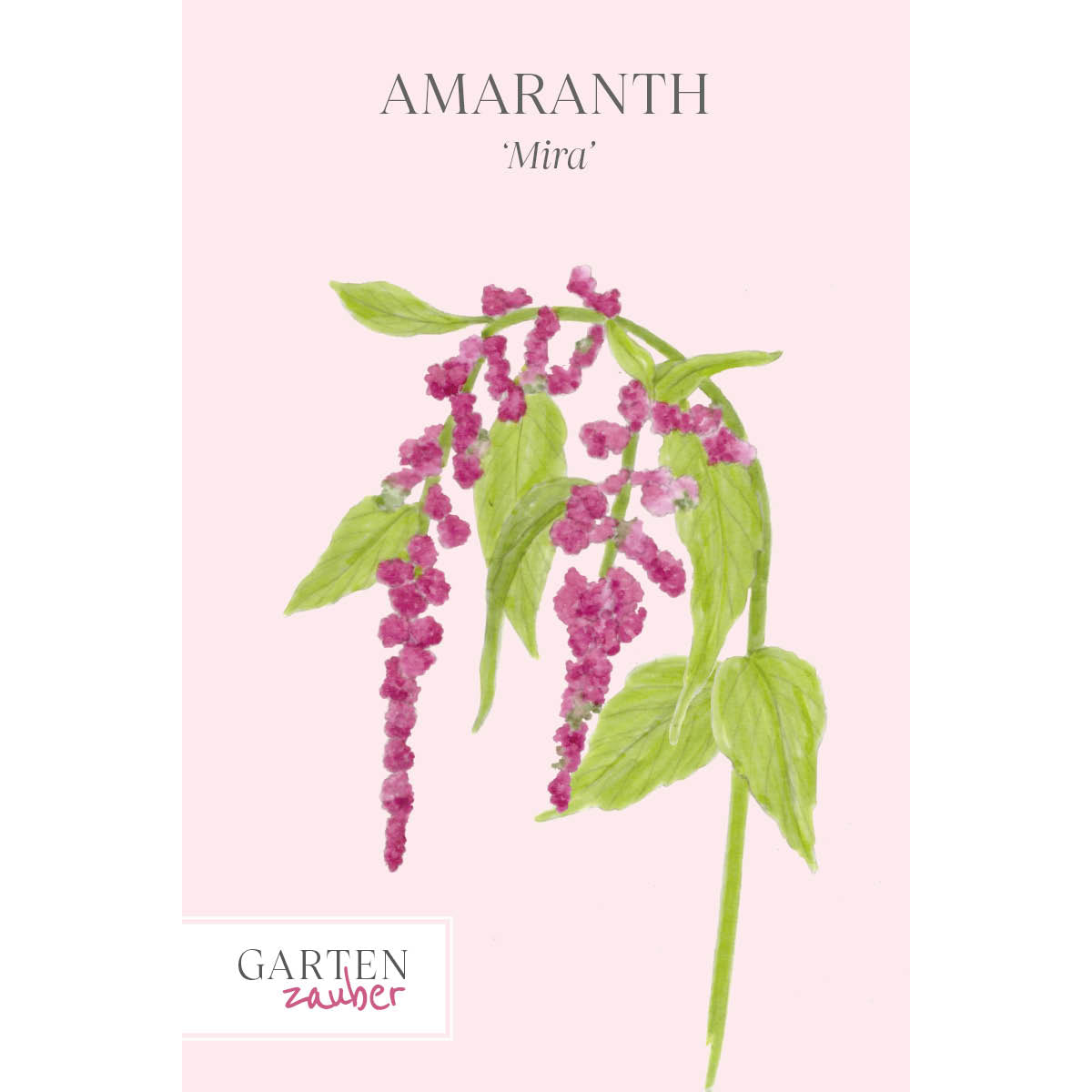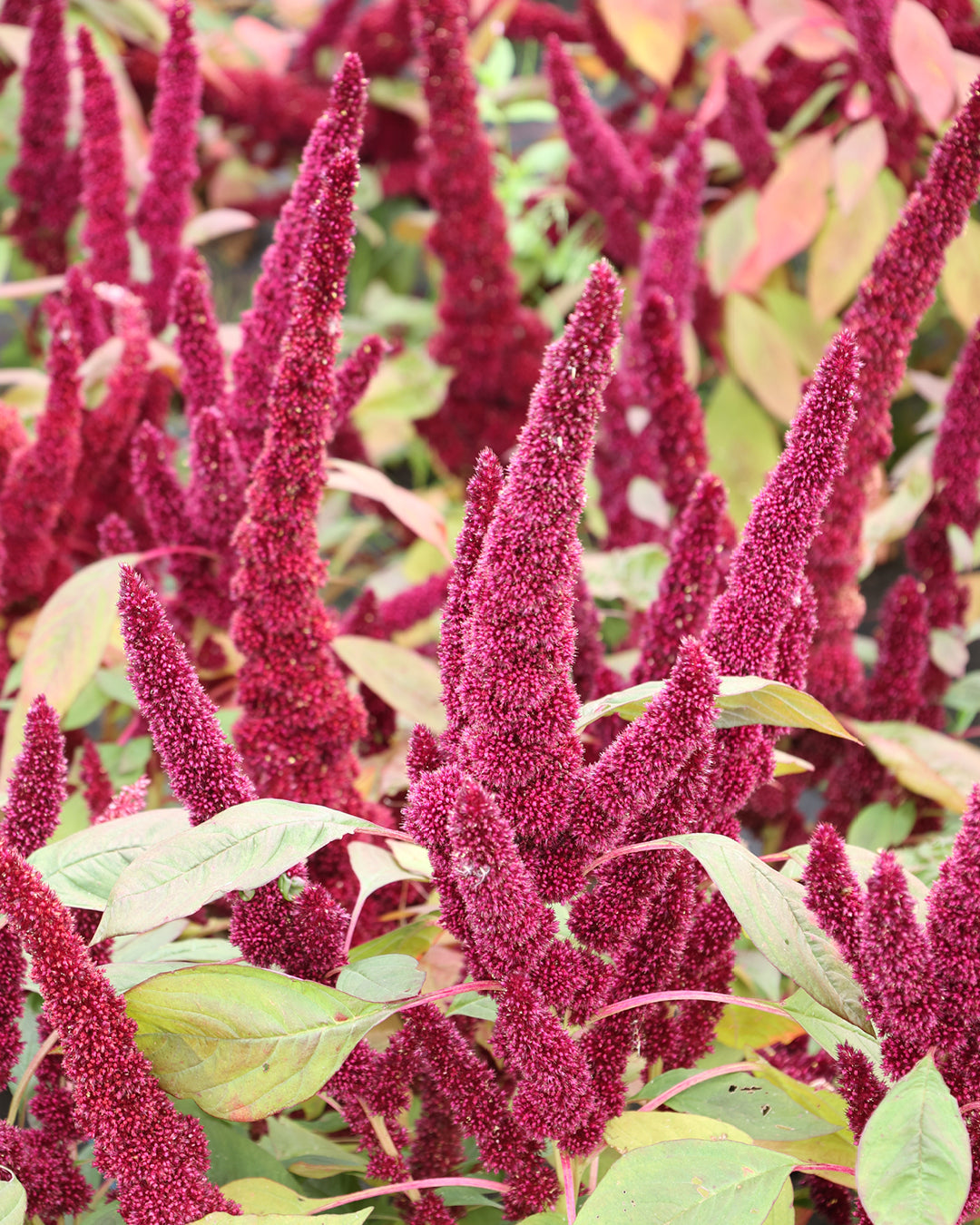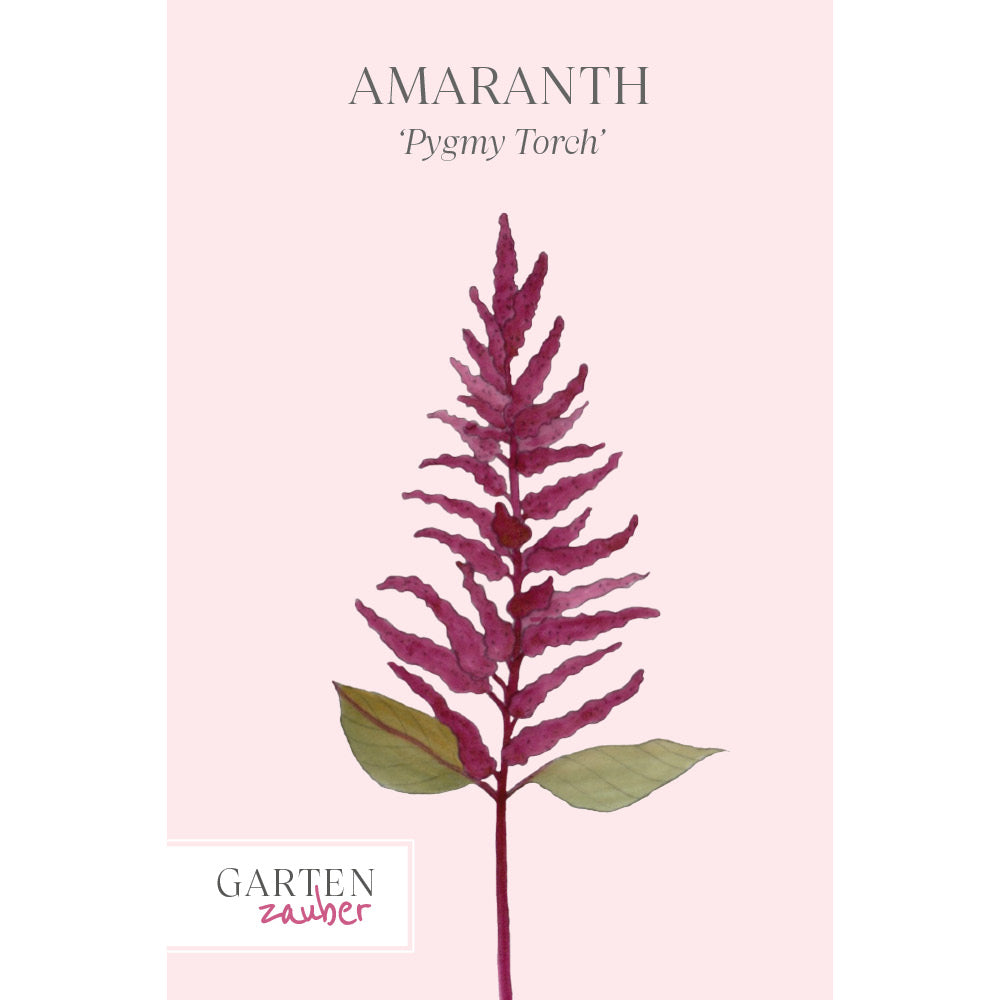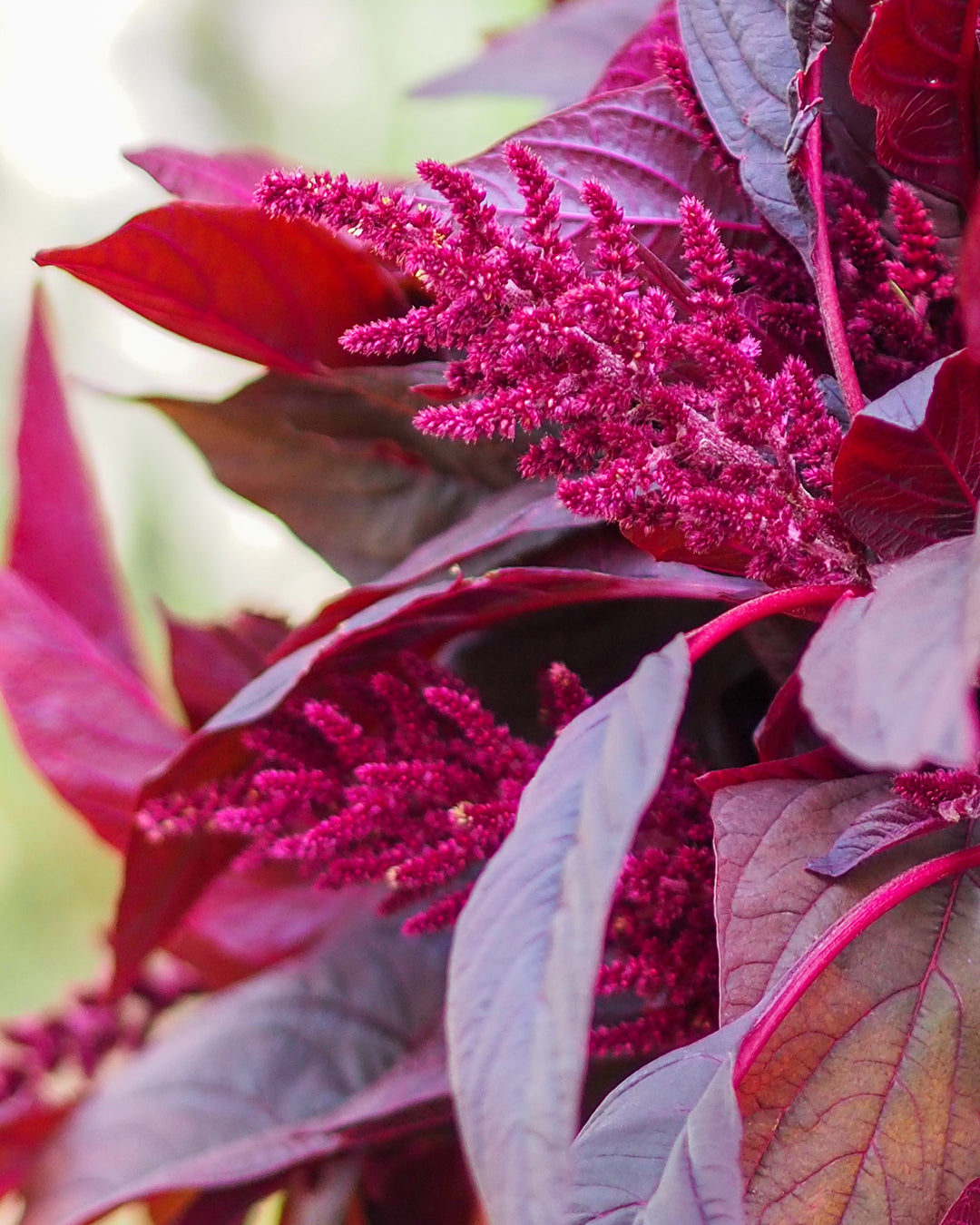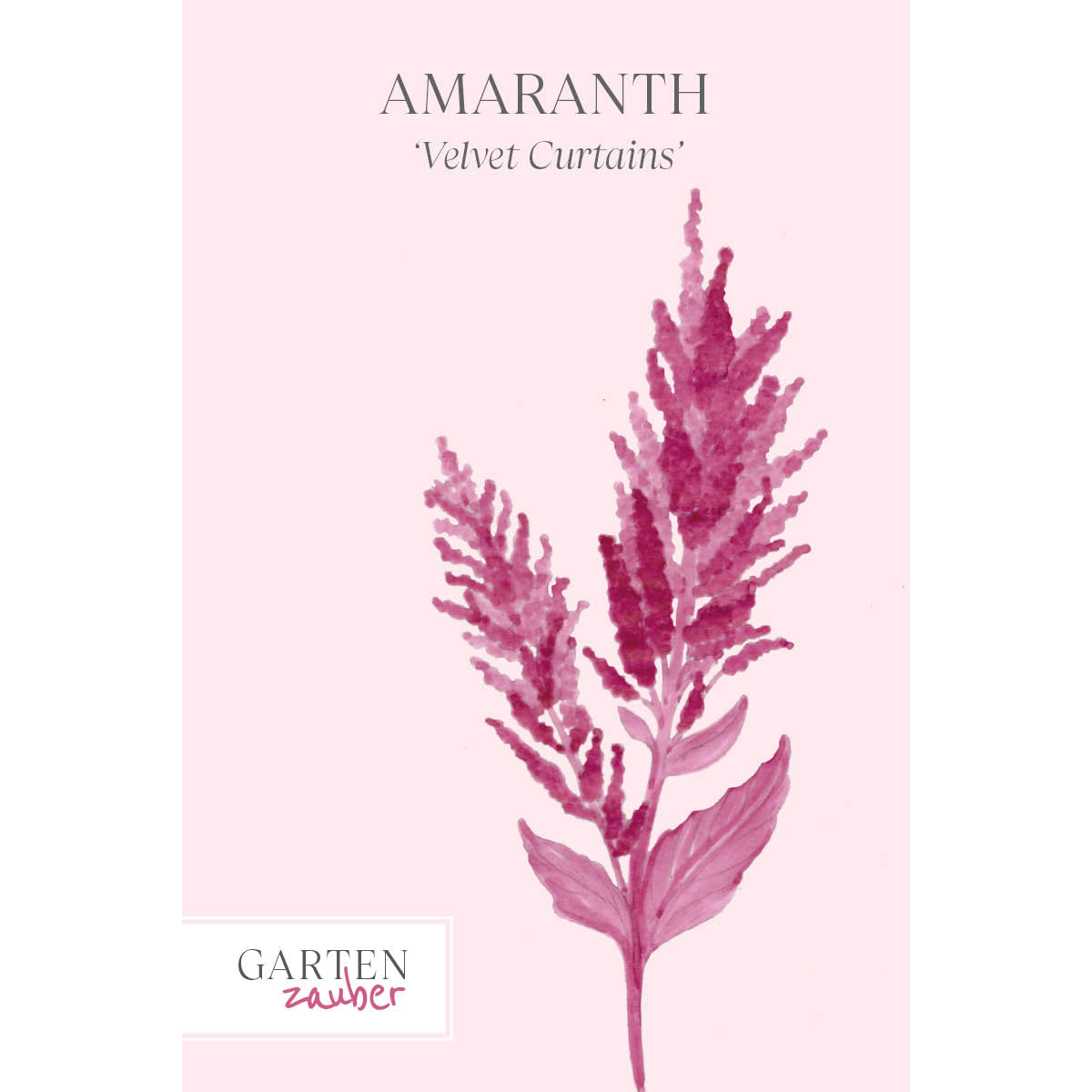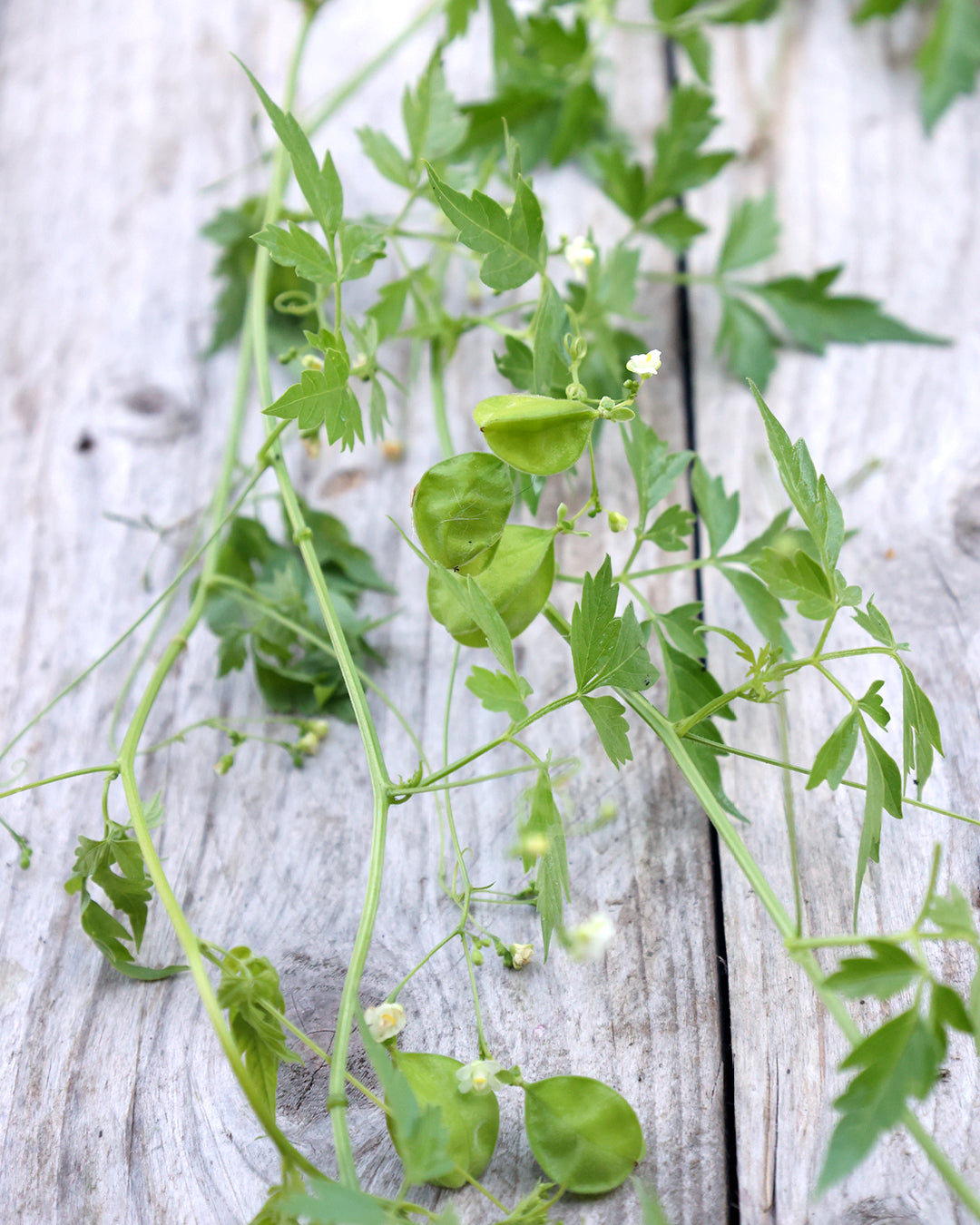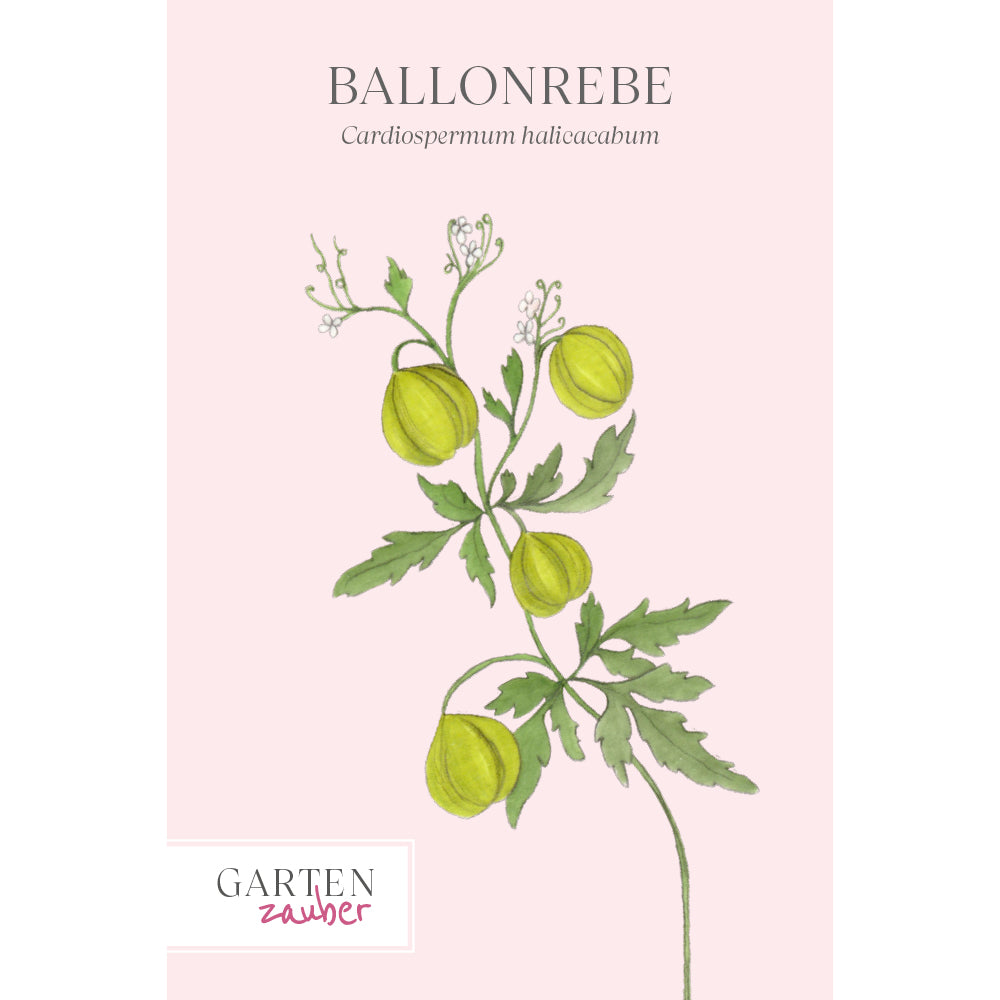Gardening tips for the vegetable garden in November
In November, the garden slowly goes into hibernation – but the vegetable garden isn't completely at rest yet. Now is the perfect time to harvest the last of your crops, protect your plants, and winterize your garden. With a little preparation, you can create optimal conditions for the next season and preserve your harvest even through the cold months.
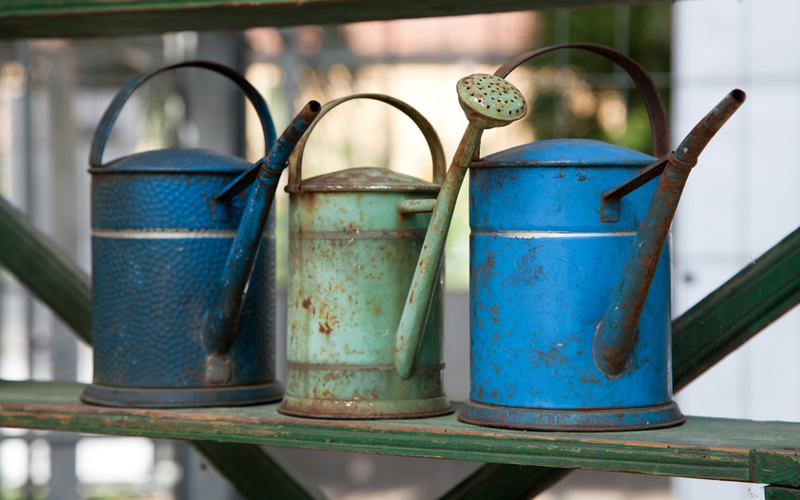
Harvesting and storing late vegetables
Protect autumn vegetables from frost
Now's the last chance for Chinese cabbage, endive, celery, radish, fennel, beets, carrots, and broccoli. These vegetables should be harvested before the first severe frost, as they are only moderately frost-tolerant. Store them in a cool, but frost-free place—e.g., in a cold frame or protected tunnel. In particularly low temperatures, straw mats or garden fleece provide additional insulation.
Store cabbage vegetables safely
White cabbage, red cabbage, and savoy cabbage should also be harvested now at the latest. Stored in a cool, dark, and airy place—for example, in a wooden box in the cellar—they will keep for several weeks.
Leave kale and Brussels sprouts
Hardy varieties like kale or Brussels sprouts can still be left outdoors – they tolerate frost well and even taste more aromatic after a cold night. Important: Ensure good stability and protect them with straw or brushwood during persistent frost.
Fruity specialties
Harvest sloes now
After the first frost, sloe berries develop their typical, tart-sweet aroma. Now is the perfect time to pick them – wear gloves, as the thorns on sloe bushes are not to be underestimated. The blue-black berries are excellent for jelly, liqueur, or game dishes.

Plant fruit trees now
November is one of the best times to plant new fruit trees—apple, pear, or plum trees, for example. These trees are dormant during the winter and can focus on establishing their growth. Make sure the soil is well-drained, plant them with a stake for stability, and water thoroughly. This will ensure they're off to a strong start in the spring.
Turning compost for fertile soil
An often overlooked but important autumn task: turning the compost. This process ensures that the organic matter is well mixed and aerated, accelerating decomposition and creating high-quality humus for the next season. Maintain a good balance of green (moist, nitrogen-rich) and brown (dry, carbon-rich) materials.
Winterizing garden tools
To avoid having to start the spring with rusty or blunt tools, you should clean, maintain, and store your tools in a dry place. Remove any soil, sharpen cutting blades, oil moving parts, and store everything in a frost-free location. This will keep your garden tools ready for use for a long time.
Hearty bird snack for winter
Not only the garden, but also the local birds appreciate a good winter preparation. Now is the perfect time to set up feeding stations. Sunflower seeds, hemp seeds, millet, or oatmeal are all readily available. Make sure the feeding stations are dry and cat-safe. You can also make your own feeding bells or rings out of coconut oil, seeds, and nuts – this is not only fun, but also helps our feathered guests through the cold season.
Frequently asked questions (FAQ) about the vegetable garden in November
Which vegetables should I still harvest in November?
Carrots, beetroot, celery, Chinese cabbage, radish, endive, fennel, broccoli and all types of cabbage should be harvested now – especially before severe frost.
Can I plant something now?
Yes – fruit trees like apples, pears, and plums can still be planted in November. Garlic can also still be planted in mild regions.
Is kale frost hardy?
Yes, kale is very frost-tolerant. A few nights of frost actually improve its flavor—it becomes milder and sweeter.
What do I do with my garden tools in winter?
Clean them thoroughly, remove dirt and rust, oil the metal parts, and store them in a dry place. This will prevent damage from moisture and cold.
When is the best time to turn compost?
Late autumn is ideal: the material has accumulated over the season and can now be mixed well.

